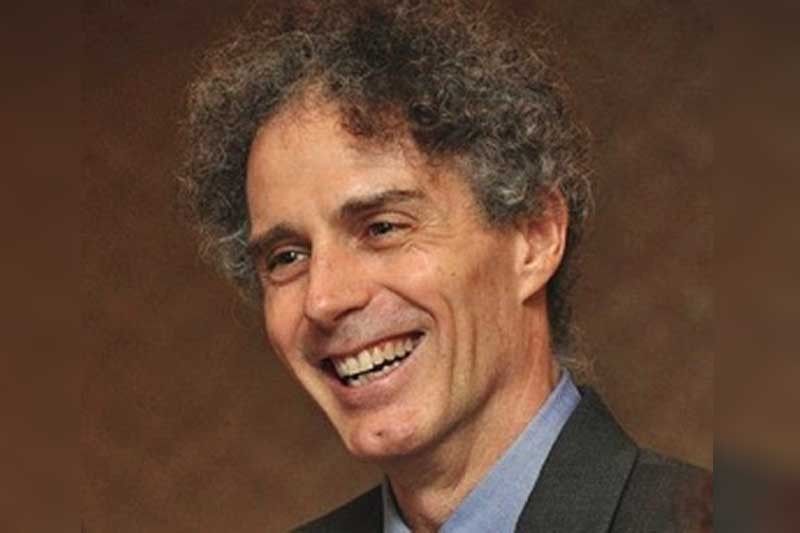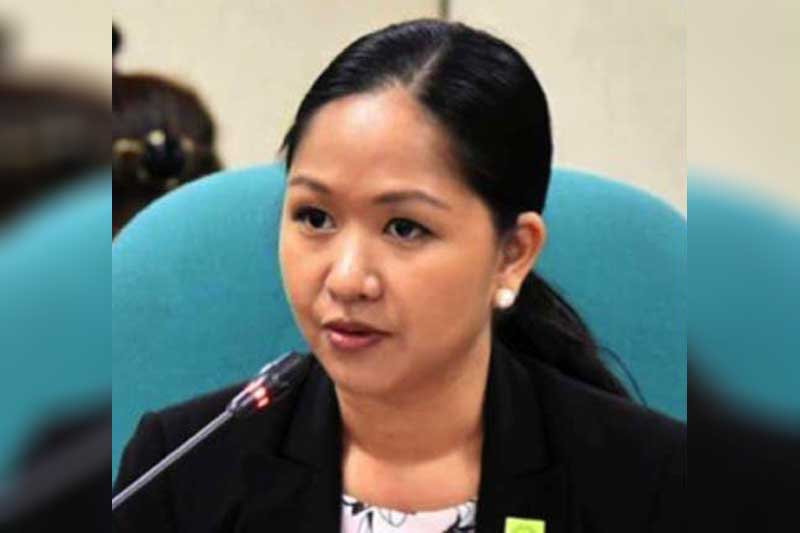Conference: Towards a digital future


A recent study of Peter Lovelock was commissioned by the APEC Business Advisory Council (ABAC) on the contribution of digital technology to structural reform-enabled economic growth. He said the process starts with a national digital plan or blueprint. Among several recommendations of Peter Lovelock were: “Clearly-defined structures of governance are required to produce visionary national digital plans, along with policies for their implementation and regulations to make them happen.”
“The role of governance, policies, regulations and standards have been examined in relation to a variety of digital developments and market issues. All APEC economies have national digital plans of one kind or another, but while many are specific as to the priorities and ways forward, others remain at the aspirational level.
One driver of a digital economy that is in the hands of government is e-government, from online procurement to e-services. APEC could urge member economies to prioritize e-ID as a means of registering populations, widening the scope of digital and financial inclusion, and improving the security of commercial and vital national assets. Given the breadth of potential e-government initiatives, a priority should be given within government to the establishment of an Office of the Government Chief Information Officer (OGCIO) and the appointment of a CIO to steer cross-department and cross-agency e-government initiatives and to ensure their compliance with related laws, such as personal data privacy laws and cyber-security and data protection regulations.”
I am addressing this column to all government departments/agencies. It is my firm belief that representatives of government should find the sessions of our conference of great interest and of relevance to their mandate. So far, we have received many participants from the private sector, but few from government. I strongly urge that you register by emailing your desire to attend to the following email address: [email protected] The conference is hosted by the Carlos P. Romulo Foundation in cooperation with PLDT Enterprise with the support of Huawei, PAL, and DellEMC. It is intended to contribute to the ongoing conversation of what it will take to prepare the country for the digital future hopefully from the joint perspective of government and the private sector.
Phl technology vs. neighbors

Grace Mirandilla-Santos
According to a recent study of Grace Mirandilla-Santos, sponsored by ASIA Foundation, 45 percent of our population (i.e. 103 million) remain unconnected to the internet. Philippine’s 4G internet speed ranked 4th slowest of 88 countries. Fixed broadband service costs consumers 7.1 percent of gross national income per capita per month – well above the five percent threshold recommended by the International Telecommunications Union.
Mirandilla-Santos reviewed Philippine policies and regulations on digital infrastructure and her paper posits that the overall policy framework was developed and continues to be based primarily on analog-era policy environment.
Vietnam (with a lower GDP per capita) has 170 percent more fiber connections than Globe and PLDT broadband subscribers combined. The Vietnamese National Telecommunications Plan targets 19 million fiber connections by 2020 versus a 2015 figure of 4.5 million DSL connections and 280,000 fiber connections. By the end of 2017, there was 9.3 million connections.
Interestingly, according to the ITU’s ICT Regulatory tracker, the Philippines has not shown any indication of improvement based on its ranking and score over the past decade. Meanwhile, our neighbors have improved significantly particularly Cambodia, China and Vietnam. In 2017, Cambodia scored 70.33 which is a 400 percent improvement over a decade. Myanmar scored higher than the Philippines (42.7) at 53.83. The Philippines for all its status as the texting and now social media capital of the world faces significant challenges when it comes to internet connectivity.
We are fortunate to have Grace Mirandilla-Santos as a speaker to explain what I have quoted above. Peter Lovelock will also be a speaker.
In summary, the conference will have five sessions: 1. A look into the digital future. 2. Digital infrastructure; 3. Jobs of the future; 4. Digitizing towards a resilient Philippines and 5. An ecosystem for a digital Philippines.
There will be a total of 30 speakers from here and abroad. DOST Secretary Fortunato de la Pena and NEDA Secretary Ernesto Pernia, as well as DOST Undersecretary Renato Solidum, will represent the government.
- Latest
- Trending



























